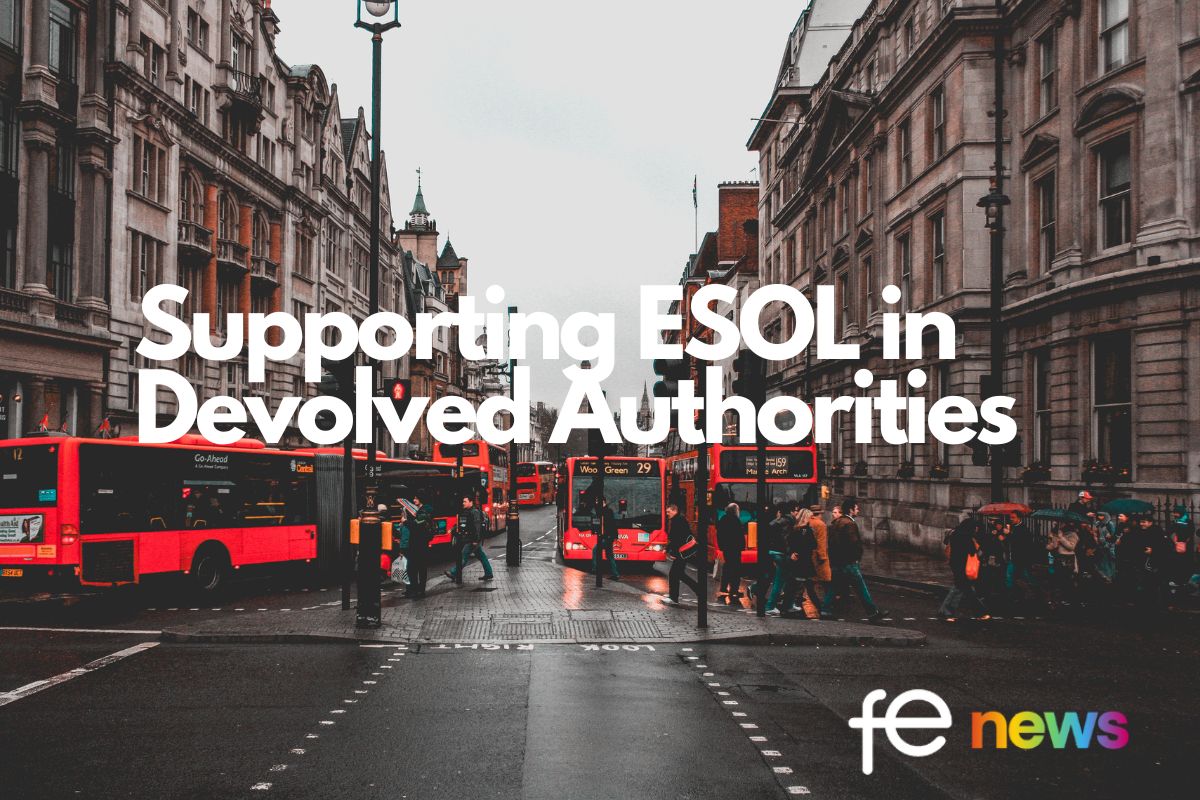IFS Response – Labour party manifesto

The Labour party is due to publish its June 2017 election manifesto later today. Below you will find detail on recent IFS analysis, which may help to contextualise and assess some of their policies. All analysis has been produced with funding from the Nuffield Foundation and can be found on our dedicated 2017 election micro site.
Policy: Increase the minimum wage to reach £10 per hour for all employees (excluding those eligible for the apprentice rate) aged at least 18 in 2020.
In Minimum wages in the next parliament, by Jonathan Cribb, Robert Joyce and Agnes Norris Keiller, we set out some of the potential effects of introducing this policy.
Jonathan Cribb, a Senior Research Economist at IFS, and an author of the report, said, “Carefully set minimum wages can be a useful policy tool for governments seeking to help those on low wages. But at some point, higher minimum wages will reduce the employment of lower skilled workers. Since we do not know where that point is, sudden large increases are risky. They endanger the jobs of those they seek to help. Labour’s proposal to rapidly extend a £10 per hour minimum wage to 18-24 year olds, regardless of the state of the economy in 2020, is a particular gamble. Given how harmful periods of unemployment can be for young people, the long term costs could be considerable.
“We have had lower minimum wage rates for younger employees since the introduction of the minimum wage almost two decades ago. There are good reasons for setting lower minimum wages for younger people. Younger employees, on average, have considerably lower wages than older workers. There is no question that much of this reflects productivity differences, due to the benefits of experience, training and expertise (and, many younger workers are receiving training and have low wages in light of the costs of providing that training). Setting the same minimum wage for all risks making it unprofitable for employers to hire younger workers and hence putting them at a disadvantage in terms of employment prospects. Unless there are proposals also to raise the Apprentice Rate of the minimum wage substantially (currently £3.50 per hour), it would give employers a large incentive to employ young people only as apprentices. Moreover, there is good evidence that unemployment at a young age can have a particularly damaging impact on their later lives. Therefore such a rapid and large increase in the minimum wage for younger employees is particularly dangerous. It could not only have an immediate negative impact on their employment, but on their labour market prospects for years to come.”
Policy: Scrap tuition fees
We have a detailed IFS ‘observation’ on this policy: Labour’s Higher Education proposals will cost £8bn per year, although increase the deficit by more. Graduates who earn most in future would benefit most. In it, we highlight the expected short-run impact on the public finances, the impact on graduates and the wider policy implications.
Jack Britton, a Research Economist at IFS, said: “This commitment to scrap tuition fees follows previously announced plans to bring back maintenance grants for the poorest students. Both would represent a major reversal of the last 20 years of Higher Education (HE) policy. They would increase government borrowing by nearly £13 billion in the short run and by around £8 billion a year in the longer-term. Those who go on to earn the most would benefit the most from this policy, as they are the ones most likely to have repaid their loans in full under the old system”
Policy: increase schools spending
In an IFS ‘observation, Labour’s proposed boost to education spending, Jack Britton and Luke Sibieta, compare Labour’s education spending commitments to existing government plans.
In Election battleground in the playground?, Luke Sibieta outlines the potential implications of freezing school spending in real-terms after the election.
Luke Sibieta an Associate Director at IFS said: “School spending was protected by the coalition government but is now due to fall in real terms per pupil for the first time in decades. Labour’s plans would, at substantial additional cost, not only reverse these planned cuts but provide substantial additional funding to schools.”
Policy: increase corporation tax back up to 26%
IFS analysis by Associate Director Helen Miller shows that Labour’s reversal of corporate tax cuts would raise substantial sums but comes with important trade-offs.
Helen Miller, an Associate Director at IFS, said: “A rate of 26% would, just, leave the UK with the lowest headline corporation tax rate in the G7. But we would move down the competitiveness ranking relative to some other EU countries. A higher rate would also reduce the incentive for both domestic and multinational companies to invest in the UK, which might cause concern as we prepare to leave the European Union. It is also likely that the initial revenue raised would reduce over time as companies invest less and change behaviour in other ways.”
Once Labour’s manifesto has been published and more details have been released, IFS plan to produce some analysis on income tax policies and possibly other measures.











Responses